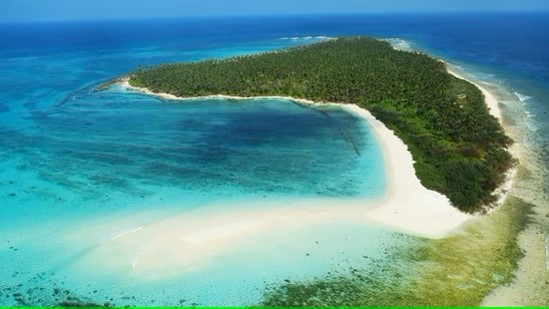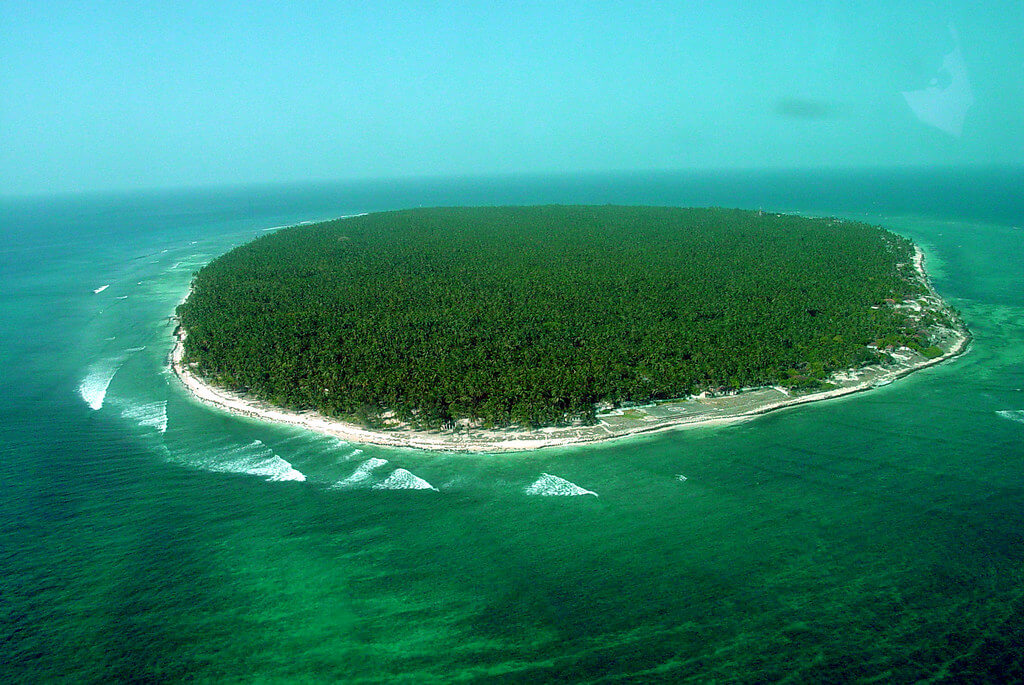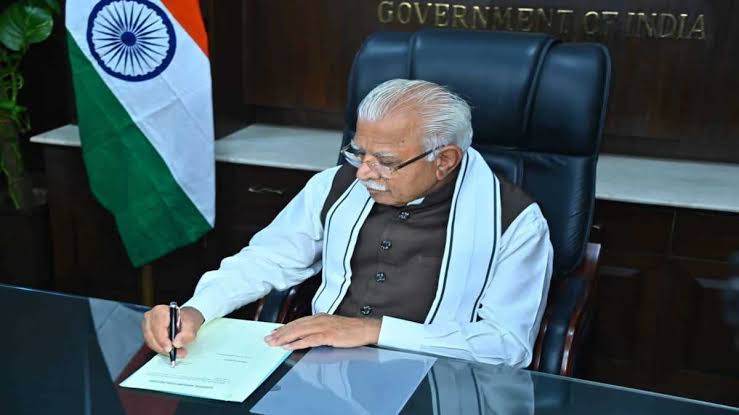A Strategic Move with Environmental and Diplomatic Considerations:
Finance Minister Nirmala Sitharaman’s Budget 2024 announcement thrust Lakshadweep, a pristine archipelago of 35 islands, into the limelight. Plans to develop port connectivity, tourism infrastructure, and amenities across Indian islands, including Lakshadweep, aim to tap into the burgeoning domestic tourism market. This strategic move, however, arrives amidst a recent diplomatic spat with the Maldives, raising questions about its economic potential, environmental impact, and broader geopolitical implications.
 The government envisions Lakshadweep as a tourism powerhouse, attracting domestic travellers seeking idyllic beaches, turquoise waters, and unique cultural experiences. This could significantly bolster the local economy, creating jobs, fostering entrepreneurship, and generating much-needed revenue. The announcement has already garnered praise from travel industry stakeholders, who see it as a long-term investment in India’s tourism landscape.
The government envisions Lakshadweep as a tourism powerhouse, attracting domestic travellers seeking idyllic beaches, turquoise waters, and unique cultural experiences. This could significantly bolster the local economy, creating jobs, fostering entrepreneurship, and generating much-needed revenue. The announcement has already garnered praise from travel industry stakeholders, who see it as a long-term investment in India’s tourism landscape.
Lakshadweep’s pristine ecosystem, however, is highly sensitive. Unbridled tourism development could strain its delicate balance, leading to issues like coral reef degradation, pollution, and increased waste generation. Sustainable practices, responsible waste management, and community-driven eco-tourism initiatives are crucial to mitigate these risks and ensure the long-term health of the islands.
While tourism presents economic opportunities, ensuring local communities are not displaced or marginalized is paramount. Their voices must be heard in planning and decision-making processes, guaranteeing they reap the benefits and contribute to sustainable development. Cultural preservation and respect for local traditions are equally important to maintain the unique character of Lakshadweep.
The timing of the announcement cannot be ignored. It follows a diplomatic spat with the Maldives, where some officials made offensive remarks towards India. While Lakshadweep’s development is an independent decision, it could be perceived as a strategic response, potentially impacting bilateral relations. Careful diplomacy and open communication are necessary to navigate this sensitive situation.
While Budget 2024 sets the stage, successful tourism development in Lakshadweep requires a long-term, holistic approach. Robust environmental regulations, efficient infrastructure planning, and community-centric initiatives are essential. Continuous monitoring and adaptation will be crucial in ensuring the project not only delivers economic benefits but also safeguards the natural beauty and cultural heritage of this unique archipelago.




